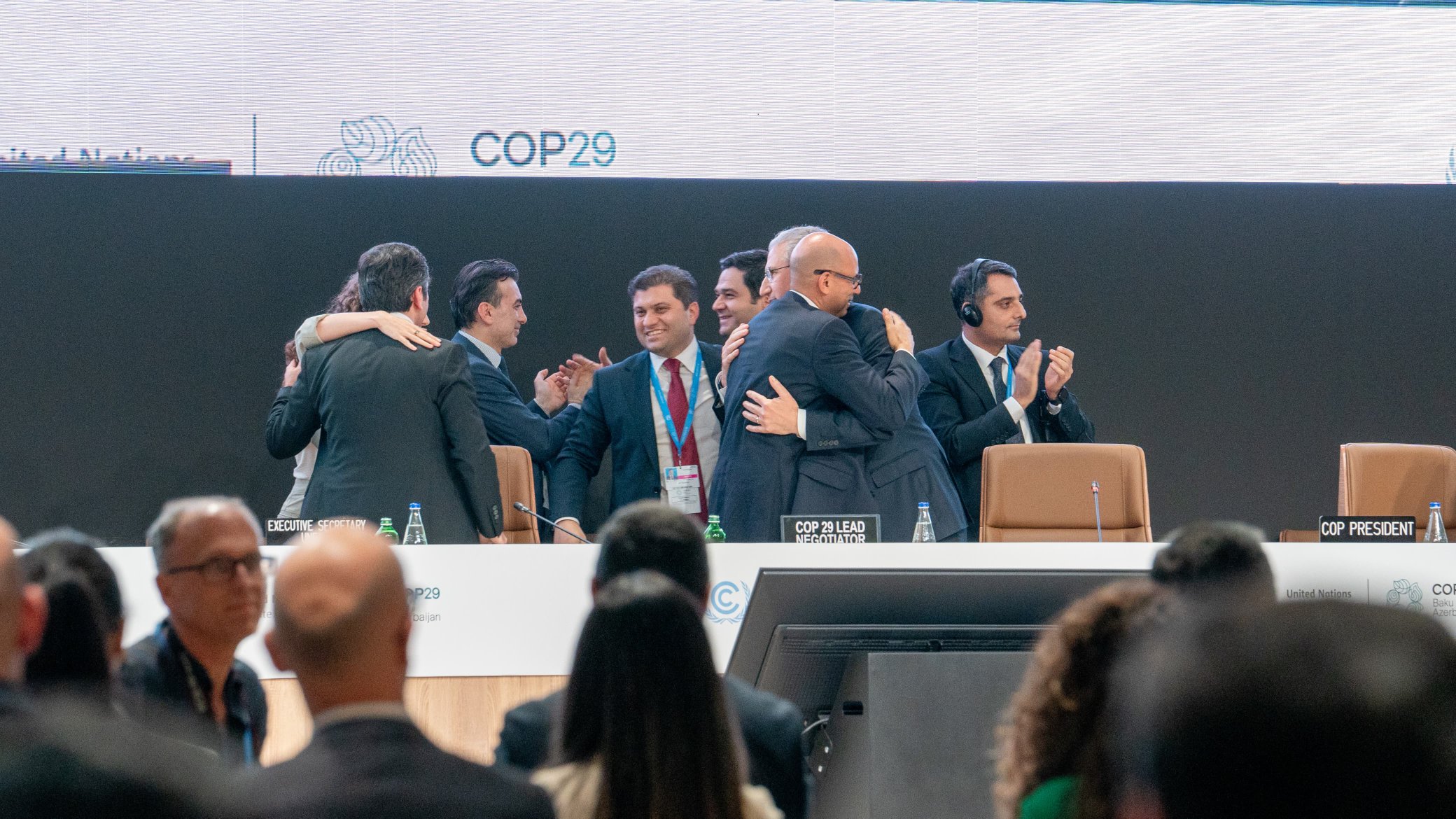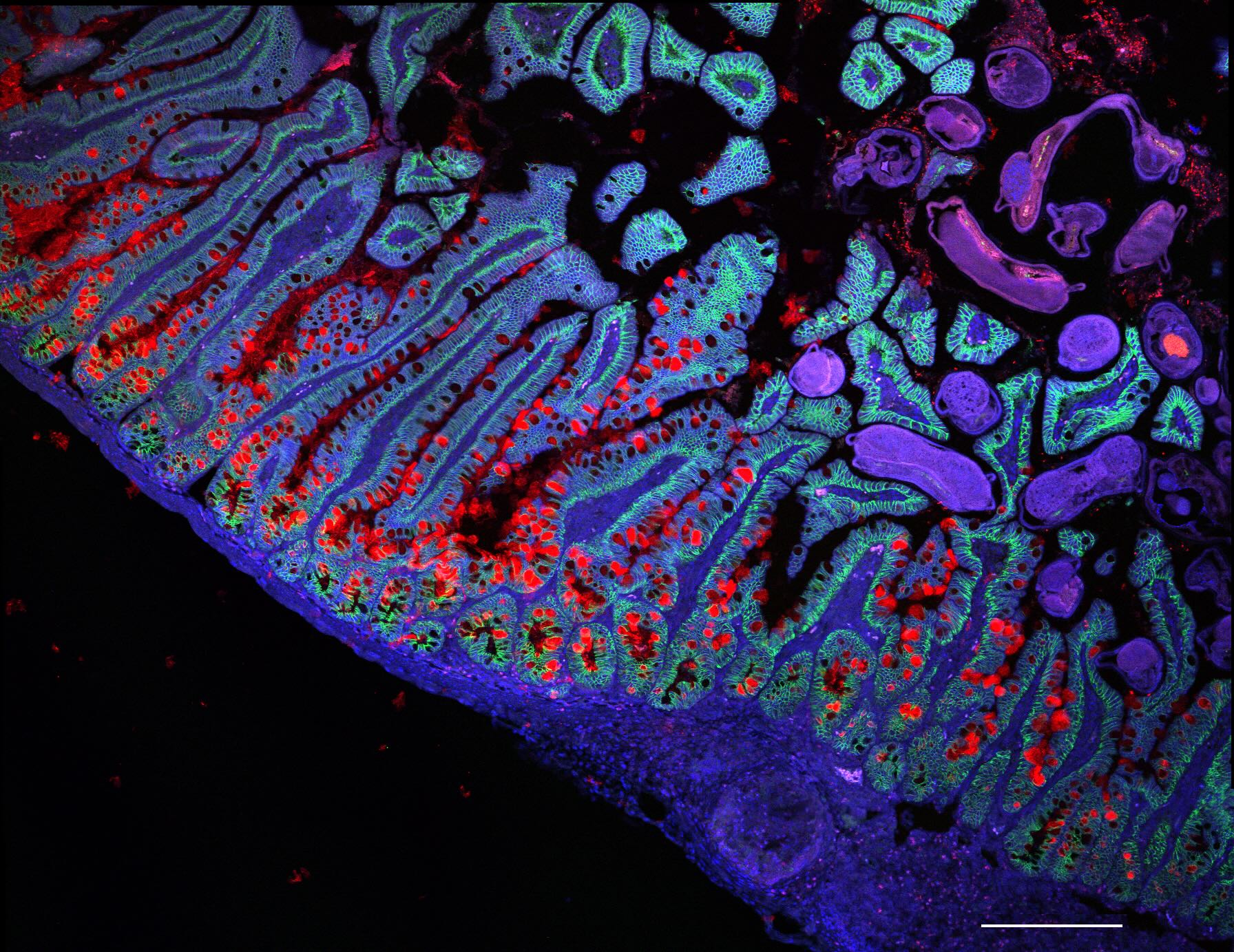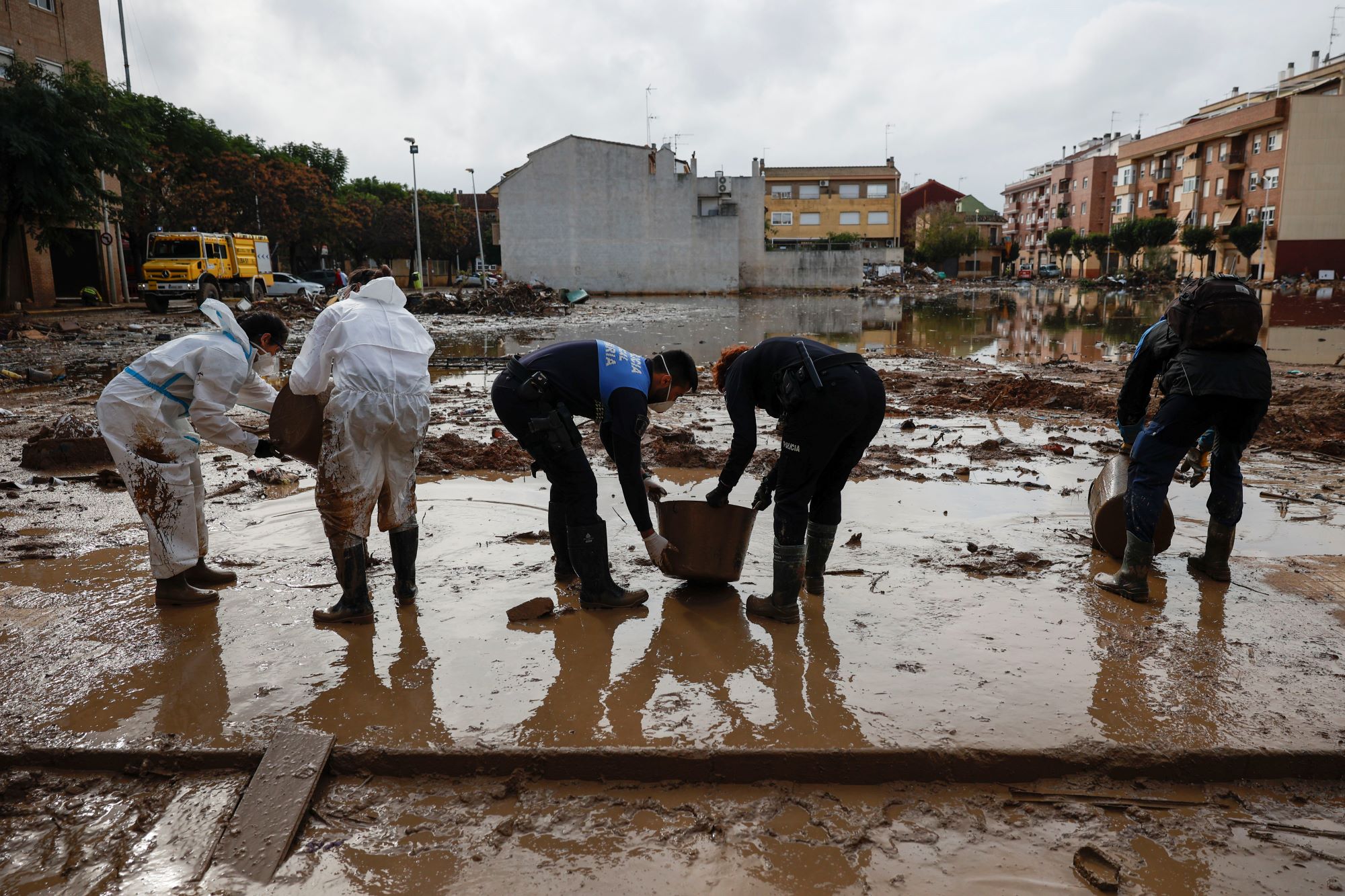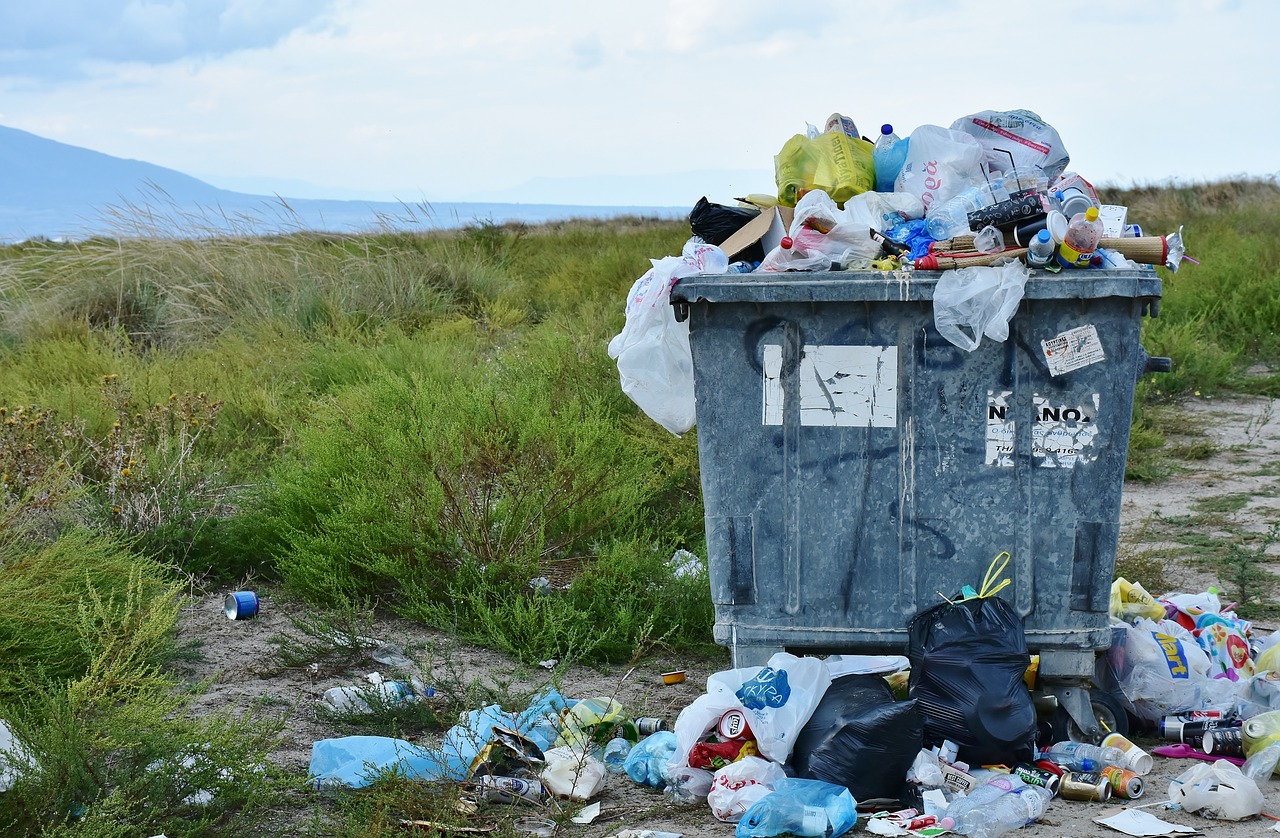Wildlife surveillance technology used to observe women without their consent
En un parque nacional del norte de la India, una investigación ha revelado que hay hombres que usan las tecnologías de vigilancia de la fauna para observar a mujeres sin su consentimiento e intimidarlas. El estudio, realizado por la Universidad de Cambridge (Reino Unido), describe cómo individuos de pueblos cercanos al bosque y de gobiernos locales hacen un mal uso de cámaras, grabadoras de sonido y drones, originalmente destinados a vigilar áreas protegidas con fines de conservación de animales. Esas tecnologías “son fácilmente captadas para fines ajenos a la conservación que refuerzan normas patriarcales y propagan la violencia estructural de género”, denuncia la investigación, que se publica en Environment and Planning F.









